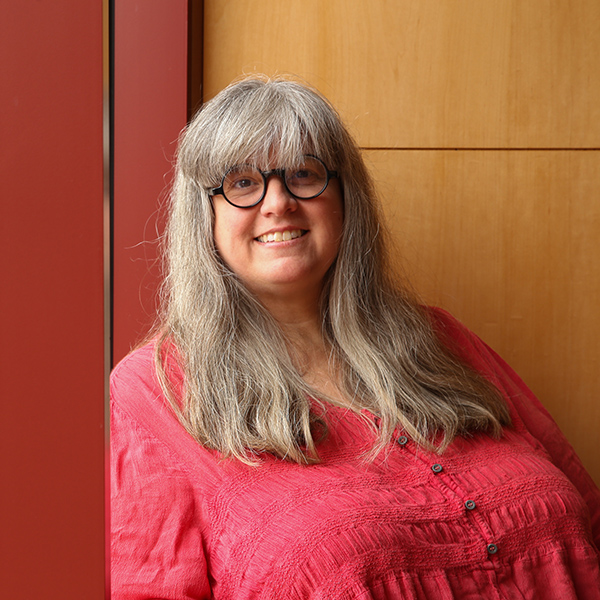Faculty

Education
Ph.D. Urban Planning, University of California, Los Angeles
Expertise
Environmental justice
Sustainable transportation
Hazardous materials in urban environments
Community environmental quality
Biography
Lisa Schweitzer is a Professor at the USC Sol Price School of Public Policy. She specializes in urban studies, and, in particular, analyses of social justice, environment and transport. Her work has appeared in multiple popular and scholarly outlets, and her research has been funded by the National Science Foundation and the National Institute of Health.
Selected Publications
- Boeing, G., Batty, M., Jiang, S., & Schweitzer, L. (2021). Urban Analytics: History, Trajectory, and Critique. In S. Rey & R. Franklin (Eds.)Handbook of Spatial Analysis in the Social Sciences. Cheltenham, England: Edward Elgar.
- Schweitzer, L., & Stephenson, M. (2015). Planning, Development, and Media: A Case Study of the Woodrow Wilson Bridge. Journal of Planning Education and Research, 36(2).
- Schweitzer, L. (2014). Planning and social media: A case study of public transit. Journal of the American Planning Association, 80(3): 218-238.
Affiliated Research Centers
METRANS Transportation Consortium
METRANS Transportation Consortium is a joint partnership of USC and California State University, Long Beach. Its mission is to solve transportation problems in large metropolitan regions through interdisciplinary research, education, and outreach.
Lusk Center for Real Estate
Advancing real estate knowledge, informing business practice, and addressing timely issues that affect the real estate industry, the urban economy, and public policy.
Bedrosian Center on Governance
Effective governance is essential to the quality of life of all Americans. The center is dedicated to understanding and improving the nature of democratic governance, policymaking, and management of the public enterprise in the 21st century. The center provides a highly visible focal point for imaginative research, policy analysis, and dialogue across the university. Through public discussion, the center focuses on pressing issues facing society and integrates conversations with civic education, which is at the heart of strong communities.
Sol Price Center for Social Innovation
The Sol Price Center for Social Innovation was established with the recent gift to name the USC Sol Price School of Public Policy. This new center aims to advance ideas, strategies, and practices that enhance the quality of life for people in urban communities.